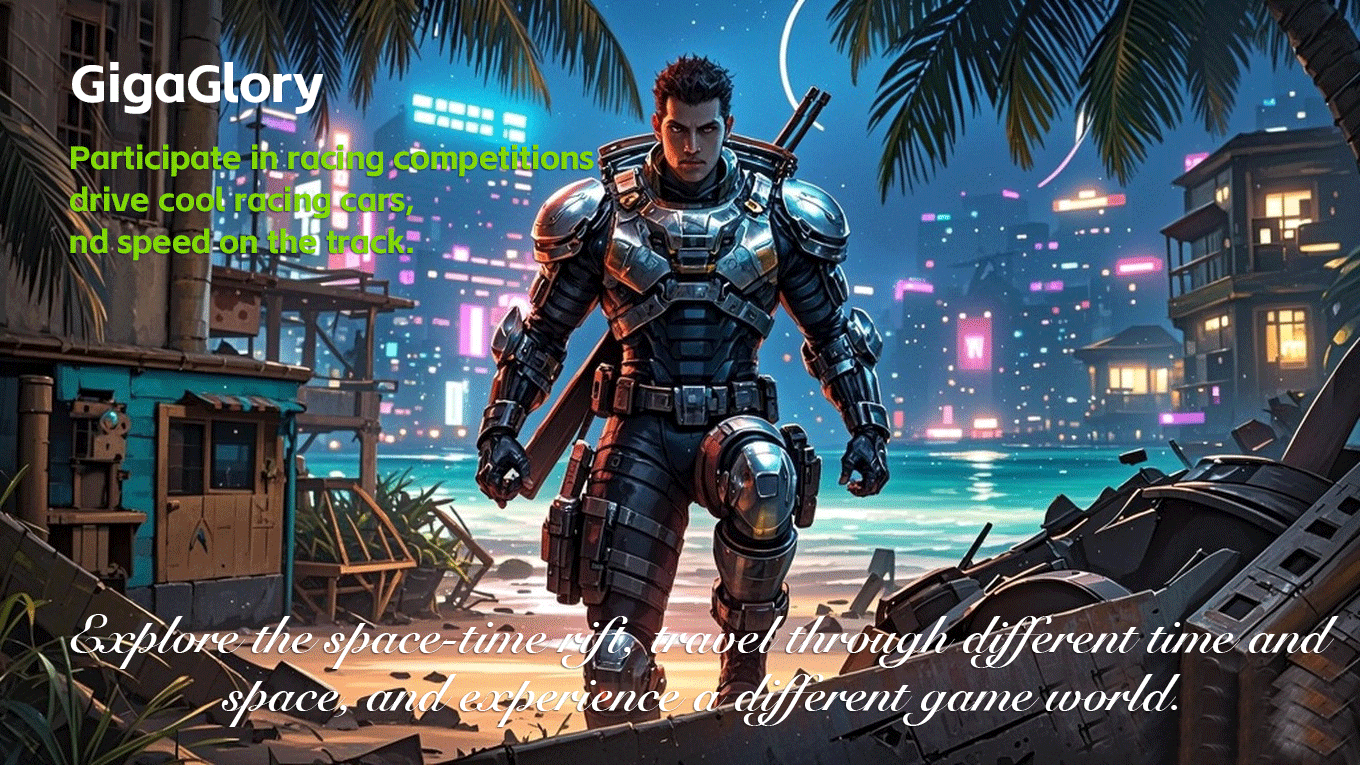The Evolution of RPG Games: From Pixelated Adventures to Immersive Worlds
Introduction to RPG Games
RPG games have come a long way since their inception, transforming from simple pixelated adventures to expansive, immersive worlds. These games often feature deep storylines, character progression, and complex game mechanics that captivate players across the globe. In this article, we will explore the evolution of RPG games, highlighting significant milestones, the best story based PC games, and what makes these games continue to thrive in today's gaming culture.
The Birth of RPG Games
RPG games originated in the 1970s with text-based adventures and early mainframe games. Titles like "Dungeons & Dragons" and "Zork" laid the foundation for the genre, inviting players into fantasy worlds fueled by their imaginations. With primitive graphics and simple mechanics, these games necessitated a top-notch narrative to keep players engaged.
Transition to 8-Bit Graphics
By the late 1980s, RPGs made a significant leap in visuals with the introduction of 8-bit graphics. This era saw classics emerge, such as "Final Fantasy" and "The Legend of Zelda," which solidified the genre's place in gaming history. Players were now treated to more colorful, engaging environments and improved gameplay mechanics.
Golden Age of RPGs
The 1990s are often referred to as the golden age of RPGs, with the advent of 16-bit and 32-bit graphics. Iconic titles like "Chrono Trigger" and "Final Fantasy VII" captivated players with complex narratives, memorable characters, and groundbreaking graphics. These games also introduced turn-based combat systems, significantly enhancing strategic gameplay.
3D Graphics Revolution
As technology advanced into the late 90s and early 2000s, RPGs began transitioning to 3D graphics. "The Elder Scrolls III: Morrowind" and "Final Fantasy VIII" were among the first to offer expansive 3D worlds, allowing players to explore vast landscapes and interact with their environment like never before. This shift added a new layer of immersion that became a staple in future RPGs.
The Rise of Open-World RPGs
With the 2000s came the rise of open-world RPGs that prioritized exploration and player freedom. "The Elder Scrolls V: Skyrim" and "The Witcher 3: Wild Hunt" became household names, thanks to their lush environments and player-driven narratives. The freedom to choose paths and explore richly developed worlds has fundamentally shaped modern RPGs, making them more approachable and engaging.
Importance of Storytelling in RPG Games
One of the key elements that set RPGs apart is their emphasis on storytelling. The best story-based PC games often feature multi-layered narratives that engage players on personal and emotional levels. Games like "Persona 5" and "Mass Effect" showcase how memorable characters and story arcs can elevate player experiences. It’s no longer just about quests; it’s about crafting a tale that players can feel connected to.
Graphics and Immersion
The leap in graphics quality over the years has not only enhanced the visual appeal of RPG games but has also significantly contributed to immersion. Modern RPGs employ advanced technologies like ray tracing, high-resolution textures, and dynamic weather systems, making large worlds feel alive. Players are now able to experience intricate details that heighten their emotional involvement within these fantastical universes.
Character Progression and Customization
Character development is another hallmark of RPGs. Players can often customize their characters, choosing attributes that align with their preferred play style. This level of personalization helps enrich the gaming experience and strengthens players' emotional engagement with their characters.
Social Aspects of RPGs Today
Multiplayer features, such as co-op play or online campaigns, have turned many RPGs into social experiences. Players can share adventures, complete quests together, and work towards shared goals, making the experience more enriching. Games like "Genshin Impact" have integrated these elements seamlessly, enabling friends to explore vast worlds hand-in-hand.
Mobile RPG Games
The rise of smartphones has triggered a new wave of RPGs designed for mobile platforms. Games like "Genshin Impact" have successfully transitioned the console experience to mobile, maintaining visual fidelity and storytelling depth. This accessibility allows more gamers to experience rich RPG narratives, further expanding the audience.
Table: Key Elements of Modern RPG Games
| Element | Importance |
|---|---|
| Storytelling | Engages players emotionally and drives the narrative. |
| Graphics | Enhances immersion and visual experiences. |
| Character Progression | Encourages player investment and customization. |
| Social Features | Provides a communal gaming experience. |
| Platform Accessibility | Expands the audience beyond traditional gaming. |
Future Directions: What’s Next for RPG Games?
The future of RPG games looks to be rich and varied. With advancements in technology like VR and AR, the potential for even deeper immersive experiences is on the horizon. Additionally, trends may shift towards more player-driven narratives and sandbox elements, allowing for unpredictable and unique experiences.
Things That Go With Potato Salad: Odd but Interesting Pairings
Surprisingly, games have a quirky way of bringing together seemingly unrelated elements! For example, you might find RPGs featuring characters who enjoy potato salad while on their adventures. This brings a lighter element into serious narratives, proving that even in fantastical settings, mundane aspects can create humorous connections.
FAQ Section
What is an RPG game?
An RPG (role-playing game) is a genre of video game where players assume the roles of characters in a fictional setting, usually involving narrative-driven gameplay.
What are the best story based PC games?
Some of the best story-based PC games include "The Witcher 3: Wild Hunt," "Mass Effect," "Persona 5," and "Chrono Trigger," renowned for their intricate narratives and character development.
How have RPG games evolved over the years?
RPG games have progressed significantly from simple text-based adventures to immersive 3D worlds, incorporating complex storytelling, character development, and social interaction elements.
Will mobile RPGs continue to grow in popularity?
Yes, as smartphones become more powerful, mobile RPGs are likely to gain even more traction. They offer accessibility without compromising on depth or engagement.
Conclusion
The evolution of RPG games showcases an impressive trajectory from simple pixelated adventures to deeply immersive worlds filled with intricate stories and characters. This genre continues to evolve, embracing new technologies and player desires while maintaining the core of what makes RPGs so beloved: the power of storytelling. As we look to the future, RPGs will undoubtedly continue to capture the imaginations of players around the world.


